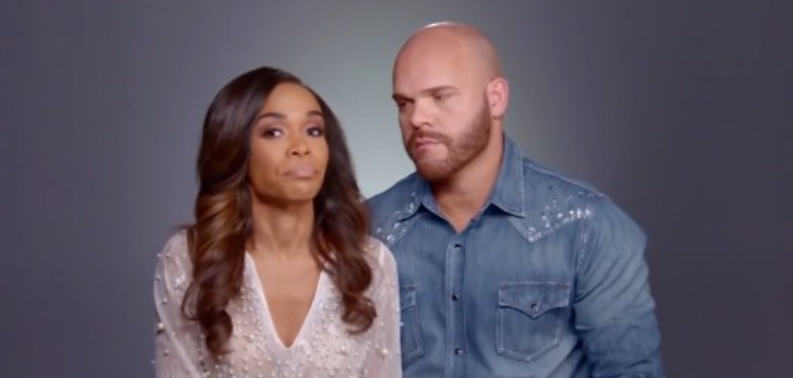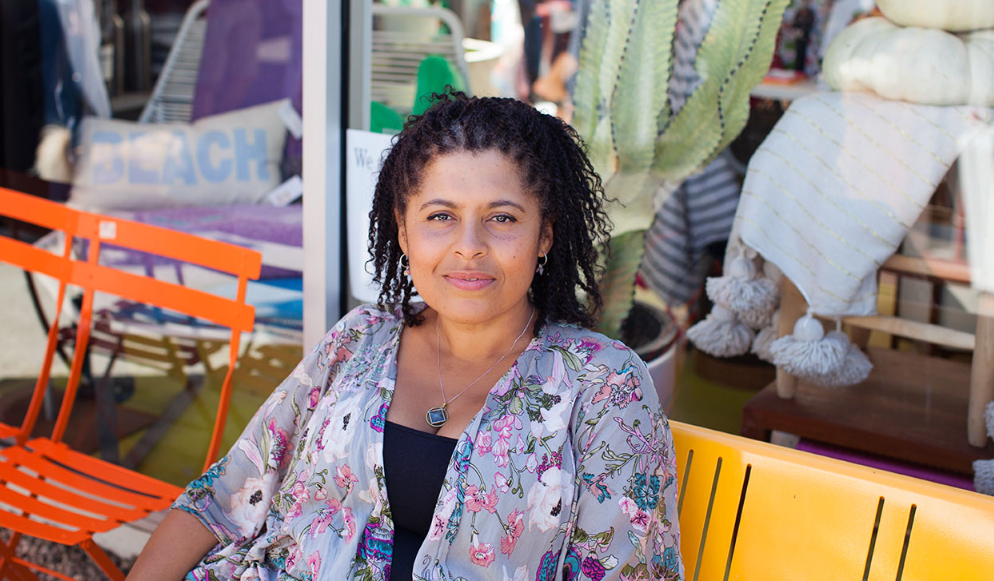Why You Should Talk to Your White Partner About Race – White couples are often hesitant to talk about race. They may feel uncomfortable, and they may fear that it will cause their relationship to suffer.
But talking about it is crucial for some reasons. Read on to discover why you should be open to having these conversations with your White partner!
It’s important
Talking about race is difficult, especially for people who are white and have Black partners. It can feel like an uncomfortable conversation but is vital to your relationship, says Dr. Margaret Seide, a New York City-based psychiatrist.
Regarding race, it’s essential to know your partner’s background and cultural identity so you can understand them better and make them feel more comfortable. This is particularly true when it comes to meeting their family.
For people of color this can be a particularly tricky time because they may be meeting relatives they haven’t seen in a long time and are likely to feel awkward. They might be concerned about being able to say the right thing or being treated with respect and dignity.
The best way to handle this situation is to be honest, and not avoid the conversation or talk about it too much, suggests therapist Veronica Chin Hing. Partner About Race This will not only help the person of color feel more comfortable but will also prevent any shame that could arise from their partner feeling left out and unsure of how to respond.
It’s also essential to be willing to talk about your own experiences and how you’ve coped with them. That will help you both to learn how to deal with similar situations in the future, Chin Hing said.
Interracial couples often face a heightened awareness of racism and discrimination that can be hard to manage. Moreover, their relationships may be met with resistance or pushback from those in their social circle who don’t understand how to deal with an interracial couple.
But if you can talk about your experiences and challenges, you can also work together to create a positive environment for the person of color in your life. You can do this by ensuring you have an open discussion with your White partner about how you feel about racism and discrimination.
For your partner, this can be a time of re-evaluation about the impact that racism has had on their lives and whether it’s still as vital as it once was. It’s a complicated, personal issue that can be emotionally draining and cause friction in a relationship. But talking about it together will help you to overcome that and work toward a more equitable society for everyone.

It’s good for your health.
Race is a term used to describe the physical (phenotypic) differences that separate people. This includes a range of human groups, including ethnic, linguistic, and national groups.
In the modern world, it is widely accepted that racism and racial inequality exist. This has led to adverse societal outcomes, including increased stress and mental health problems, such as depression.
As a result, white people must understand and challenge the underlying causes of racism. This can be done by educating themselves on the issue and encouraging their White partners to do the same.
This can be done through various approaches, from simple self-reflection to more complex and facilitated conversations. Some people may work with a specialist, such as a social worker or therapist.
For many, a first conversation will be bumpy. It is important to remember that this will be a new experience, so it is best to try it out with someone you trust and can talk to openly.
To help you decide on whom to talk to:
- Think about who you know and how you feel about race.
- Consider talking to a family member, close friend, or colleague.
- If you are unsure, consider chatting with your doctor or mental health professional.
Another way to approach this is to look up policies that affect a particular racial group and then discuss them with your partner. This can be done through online research or in person.
When discussing these policies, it’s also helpful to discuss how they might be implemented or hidden in practice. This can help your partner understand the issues more clearly and make them more aware of their privilege.
Ultimately, this can help your White partner understand what you are going through and make them more supportive of you in the future.
These discussions can be essential in making the world a better place for everyone. It can help you and your White partner understand each other better, improve your relationship, and challenge racism in the world.

It’s good for your relationship.
If you’re a Black person of color in a relationship with a White partner, you should know a few things about race. These conversations can be difficult but essential for both of you.
New research shows that people view race-related conversations between friends as beneficial – they believe these discussions can strengthen relationships and further intergroup learning. Partner About Race However, there’s also a fear that these conversations could go badly.
According to the American Psychological Association, talking about race is an essential part of building strong, healthy relationships. It can help you and your partner make mutual respect, learn about each other’s experiences, and understand each other better.
But it’s not easy, and if you’re in a long-term White relationship with someone of color, it can feel overwhelming and impossible to get through. Here are some tips for how to make these conversations easier.
Set the stage for the conversation:
One of the most important things you can do to ensure that your partner isn’t offended by your racial talk is to prepare them beforehand. This includes making sure they’re aware of how racist their family has been, whether they’ve ever been racially harassed, and what it feels like to be the target of racism.
Don’t let it derail your relationship:
Another vital tip to keep in mind is to avoid escalating tension. If you notice that you’re arguing in an unproductive way, it’s okay to take a break and have a discussion about what was said and why it was said.
Check in regularly:
It’s too easy to get into a rut and forget to communicate. If you’re in a relationship, you must set up regular check-ins to discuss what is working and what isn’t. Having these conversations will keep your relationship from falling apart and prevent it from becoming one-sided, which can lead to severe issues down the line.
Do the work beforehand:
Having these difficult conversations will require that you do some serious work on your part. You’ll need to think about the context of the discussion, how your partner feels, and what you can do to support them in their journey. This will help you both navigate your shared journey with ease and compassion while ensuring your relationship remains strong.
It’s good for your community.
A growing body of research suggests that racial disparities affect the physical and mental health of people from different racial groups. This is especially true for young people.
One way to support a more inclusive society is by educating yourself and your White partner about racism. This will help you understand how it works and how to prevent it from happening in your community.
Having these conversations is also good for your relationship, says Moraya Seeger DeGeare, a licensed marriage and family therapist in Beacon, NY. She adds that it can be helpful for your White partner to talk about their own experiences as White people and how they feel about race relations.
But you should know that these conversations can be challenging, particularly for your White partner. They may be hesitant to bring up race-related topics, or they may feel that talking about it will make them seem insensitive or ignorant.
The best thing you can do for yourself and your partner is to start having these discussions as soon as possible. Set aside some time for these conversations so that you can both have a safe place to express your feelings and learn from each other.
You can also use this opportunity to educate your partner on some of the critical tenets of anti-racism. These tenets include:
- Understanding how and why race is used as a dividing line.
- Being aware of the historical roots of racism in our society.
- Acknowledging that discrimination is rooted in a system of power.
- Learning to recognize your own biases.
- Committing to be an ally to Black people.
In addition, a great way to build an environment of inclusion is to engage in positive and encouraging communities. These communities can be made up of individuals with similar interests and beliefs, such as those dedicated to improving city sustainability.
In a good community, people can share knowledge and resources openly and work together to improve the quality of life for all members. This can be achieved in several ways, including by developing policies and programs based on a health equity framework and community needs.
Partner About Race

is an American author, blogger, and cybersecurity specialist based in Florida. He developed an interest in writing during his school years, which later led him to create content aimed at raising awareness about various forms of online scams, particularly in the world of online dating.
On his platform, Scam Service Report, Hall shares analytical articles and practical advice to help users recognize and avoid traps set by scammers on dating websites. He describes common scam scenarios in detail—such as quick declarations of love, urgent requests for money transfers, refusal to engage in video chats, and attempts to move conversations off the dating platform.



